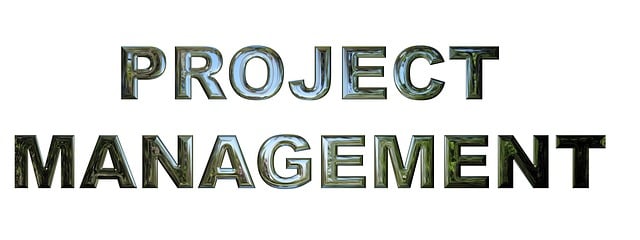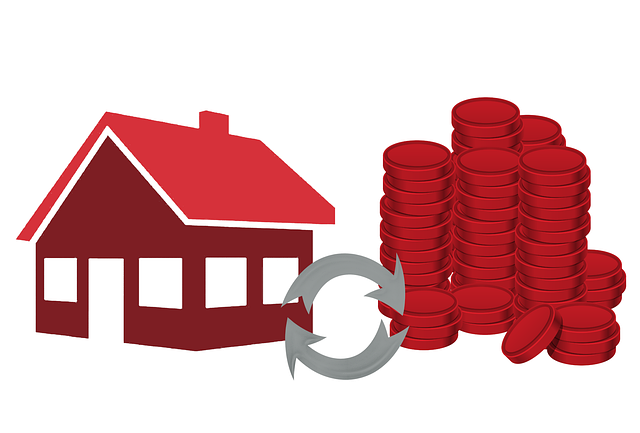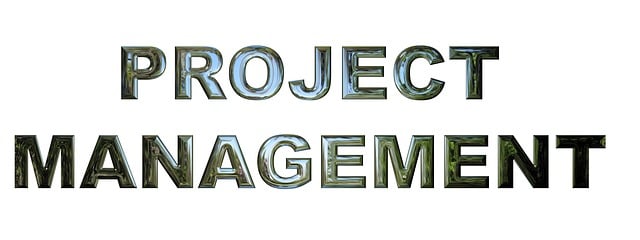Managing operating expenses is crucial for real estate success. By categorizing and tracking costs like rent, utilities, marketing, salaries, and maintenance, professionals gain financial control. Analyzing historical data informs strategic budgeting decisions, ensuring aligned business needs and financial constraints. Leveraging technology, negotiating rates, and regular budget adjustments foster sustainable growth in the competitive real estate market.
Accurately budgeting for operating expenses is a cornerstone of successful real estate investment. This comprehensive guide navigates the intricate landscape of real estate costs, offering a detailed overview of common operating expenses and strategies to optimize your budget. By categorizing and analyzing your major cost drivers, you can make informed decisions, foster sustainable growth, and ensure financial resilience in this dynamic sector.
Understand Real Estate Operating Expenses: A Comprehensive Overview

In the real estate industry, understanding and accurately budgeting for operating expenses is crucial for managing a successful property. Operating expenses (OPEX) encompass a wide range of costs associated with maintaining and running a real estate asset, from mortgage payments and property taxes to insurance, utilities, repairs, and maintenance. A comprehensive overview of these expenses involves recognizing both fixed and variable costs. Fixed costs remain consistent over time, such as property tax rates and insurance premiums. Variable costs, on the other hand, fluctuate based on occupancy levels, market conditions, and operational decisions, including cleaning services, landscaping, and common area maintenance.
To budget effectively, real estate investors and managers should conduct thorough research to identify all applicable OPEX categories. This includes analyzing historical data, consulting with industry experts, and staying updated on local regulations and market trends. Accurate budgeting requires a detailed breakdown of each expense, allowing for better financial control and forecasting. By categorizing and tracking OPEX, real estate professionals can make informed decisions to optimize their properties’ performance and profitability in the competitive market.
Categorize and Analyze: Pinpoint Your Major Costs

To accurately budget for operating expenses, it’s crucial to first categorize and analyze your major costs. Start by identifying the key components that make up your business’s spending—this could include everything from rent (a significant factor in Real Estate costs) to utilities, marketing, salaries, and equipment maintenance. Once you’ve listed these categories, delve deeper into each one, examining trends and variations over time. Understanding how much you spend on each category and why can help you spot areas where adjustments or streamlining might be possible.
By scrutinizing your major costs, you gain valuable insights that inform your budget. For instance, if rent is a substantial portion of your expenses, consider negotiating better terms with your landlord or exploring alternative locations that offer more favorable Real Estate deals. Similarly, analyzing marketing expenditures may reveal high-performing campaigns that deserve more investment and underperforming ones that could be consolidated or replaced. This strategic approach ensures your budget reflects both the needs of your business and the realities of your financial situation.
Implement Strategies: Optimize Budgeting for Sustainable Growth

To ensure sustainable growth in real estate, implementing strategic budgeting practices is paramount. Start by thoroughly analyzing past financial data to identify patterns and trends. This foundation enables informed decisions on allocating resources effectively. Prioritize essential operational costs while scrutinizing discretionary expenses.
Leverage technology to streamline processes, automate tasks, and gain insights into spending patterns. Negotiate with vendors and service providers for better rates and terms. Regularly review and adjust the budget to account for market fluctuations and unforeseen circumstances. This proactive approach fosters financial discipline, enhances profitability, and paves the way for robust real estate operations.






